The Daily Drift
Today's horoscope says:Moving forward too quickly is not wise today.
Too many variables are unknown, and there's a strong erratic energy around you.
If you're considering a delicious travel adventure soon, slow down.
Before you book the flight and buy your new swimsuit, think twice.
Is this the course of action you really want to be taking right now?
If it is, sketch out a plan and finalize all the details before making any type of fiscal or verbal commitment.
Some of our readers today have been in:
Auckland, Auckland, New Zealand
London, England, United Kingdom
Sydney, New South Wales, Australia
Perth, Western Australia, Australia
Santander, Cantabria, Spain
Jakarta, Jakarta Raya, Indonesia
Kuantan, Pahang, Malaysia
Montreal, Quebec, Canada
Tokyo, Tokyo, Japan
Szolnok, Jasz-Nagykon-Szolnok, Hungary
Dublin, Dublin, Ireland
Amsterdam, Noord-Holland, Netherlands
St. Petersburg, St. Petersburg City, Russia
Melbourne, Victoria, Australia
Hamburg, Hamburg, Germany
Kuala Lumpur, Wilayah Persekutuan, Malaysia
Moscow, Moskva, Russia
Milton Keynes, England, United Kingdom
Helsinki, Southern Finland, Finland
London, England, United Kingdom
Sydney, New South Wales, Australia
Perth, Western Australia, Australia
Santander, Cantabria, Spain
Jakarta, Jakarta Raya, Indonesia
Kuantan, Pahang, Malaysia
Montreal, Quebec, Canada
Tokyo, Tokyo, Japan
Szolnok, Jasz-Nagykon-Szolnok, Hungary
Dublin, Dublin, Ireland
Amsterdam, Noord-Holland, Netherlands
St. Petersburg, St. Petersburg City, Russia
Melbourne, Victoria, Australia
Hamburg, Hamburg, Germany
Kuala Lumpur, Wilayah Persekutuan, Malaysia
Moscow, Moskva, Russia
Milton Keynes, England, United Kingdom
Helsinki, Southern Finland, Finland
as well as Slovakia, Malta, Bulgaria, Israel, Finland, Austria, Norway, Georgia, Mexico, Peru, Kuwait, Serbia, Bangladesh, Latvia, Greece, Scotland, Hong Kong, Denmark, Wales, Iran, Singapore, Poland, Taiwan, Sweden, Afghanistan, Belgium, Tibet, Croatia, Pakistan, Romania, Paraguay, Sudan, Vietnam, Argentina, Cambodia, Egypt, France, Estonia, Puerto Rico, Maldives, Qatar, Brazil, New Zealand, United Arab Emirates, Slovenia, China, Iraq, Ecuador, Nigeria, Colombia, Chile, Honduras, Paupa New Guinea, Moldova, Venezuela, Germany, Mexico, Saudi Arabia, Ireland, Czech Republic, Vietnam, Norway, Finland and in cities across the United States such as Norwich, Hopkinsville, Poweel, Medford and more.
Today is:
Today is Thursday, March 10, the 69th day of 2011.
There are 296 days left in the year.
Today's unusual holiday or celebration is:
Nametag Day.
Don't forget to visit our sister blog!






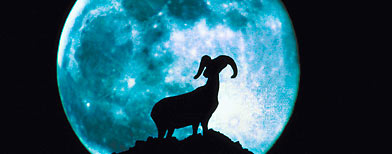

 A clergyman was walking down the street when he came upon a group of about a dozen boys, all of them between 10 and 12 years of age. The group surrounded a dog. Concerned lest the boys were hurting the dog, he went over and asked, "What are you doing with that dog?"
A clergyman was walking down the street when he came upon a group of about a dozen boys, all of them between 10 and 12 years of age. The group surrounded a dog. Concerned lest the boys were hurting the dog, he went over and asked, "What are you doing with that dog?" Ask most parents and they’ll gush about the joy of having kids or that having children is the best thing they’ve ever done. But if you look deeper, parents with minors who live at home are angrier and more depressed than non-parents … and the more kids they have, the angrier they get!
Ask most parents and they’ll gush about the joy of having kids or that having children is the best thing they’ve ever done. But if you look deeper, parents with minors who live at home are angrier and more depressed than non-parents … and the more kids they have, the angrier they get!



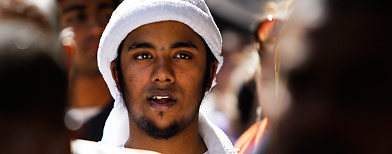
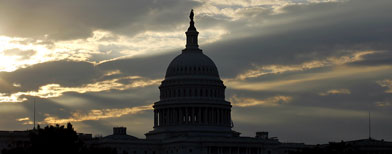

 Before MP3, there was the music CD. (Note to our younger readers: ask your parents about it. It’s those shiny round discs that look just like DVDs.)
Before MP3, there was the music CD. (Note to our younger readers: ask your parents about it. It’s those shiny round discs that look just like DVDs.) State Sen. Scott Fitzgerald (reptile), the Wisconsin Senate Majority Leader, must have forgotten his talking points while appearing on Megyn Kelly's Faux News show. This afternoon he admitted on-air what many liberals have long-suspected: rescinding collective bargaining rights from state workers is Wisconsin is as much about the 2012 presidential election as Wisconsin's 2011 budget shortage.
State Sen. Scott Fitzgerald (reptile), the Wisconsin Senate Majority Leader, must have forgotten his talking points while appearing on Megyn Kelly's Faux News show. This afternoon he admitted on-air what many liberals have long-suspected: rescinding collective bargaining rights from state workers is Wisconsin is as much about the 2012 presidential election as Wisconsin's 2011 budget shortage.
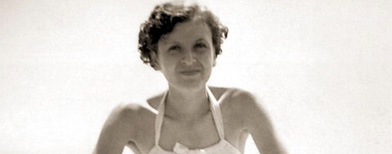


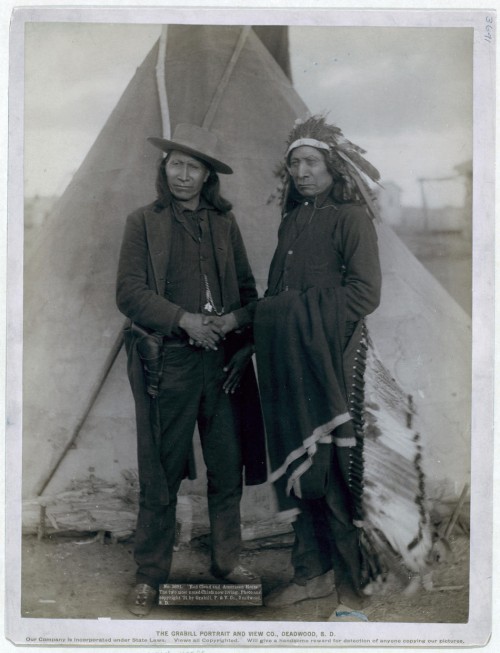


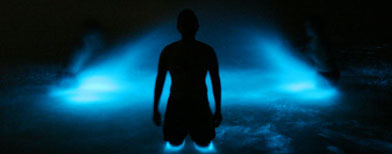


 Ever hear someone being called a mother hen for being worried and overprotective? That expression may turn out to be quite fitting as scientists have now discovered that a hen shows empathy if she saw her chicks in distress:
Ever hear someone being called a mother hen for being worried and overprotective? That expression may turn out to be quite fitting as scientists have now discovered that a hen shows empathy if she saw her chicks in distress:
